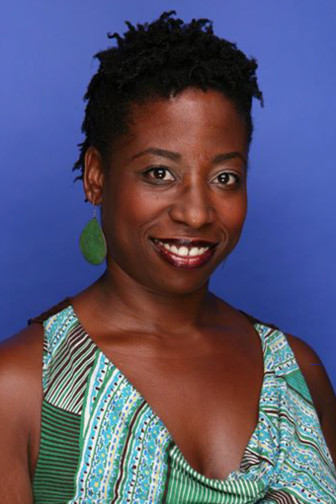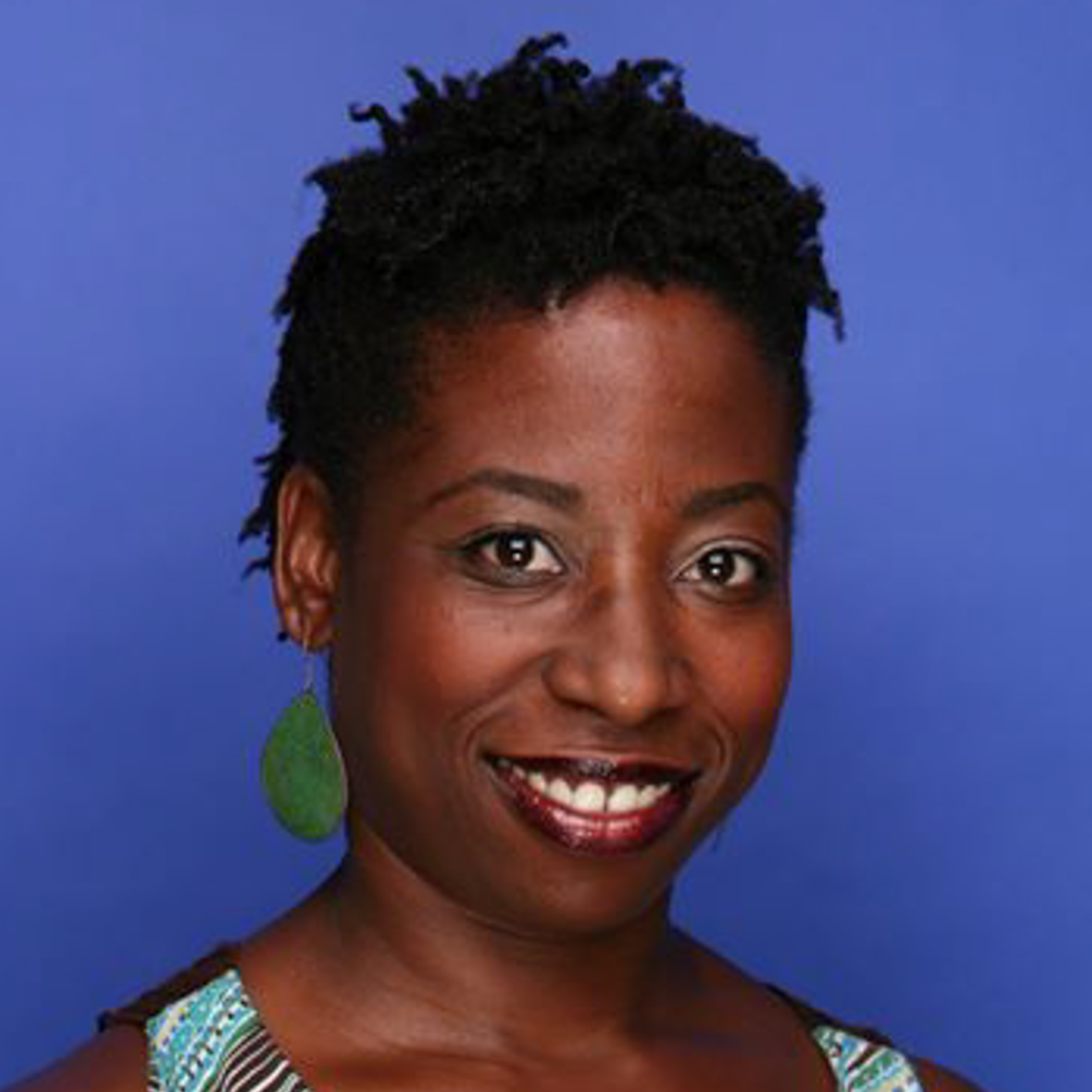 My ex-husband and dad to my two children, Mark Jennings, often shares his story of hopelessness. Luckily for him — and these two children of ours — his story has a more hopeful, happy ending.
My ex-husband and dad to my two children, Mark Jennings, often shares his story of hopelessness. Luckily for him — and these two children of ours — his story has a more hopeful, happy ending.
He grew up in Washington, D.C., during the early ‘90s — back when it was known as “the nation’s murder capital.” Guns, drugs and poverty were as much part of the cityscape as the Washington Monument. Whenever he reflects on his youth, he often comments that he never thought he would live past the age of 21.
“My mother left this newspaper article on my bed telling me that by the age of 21 most black males in the city would be locked up or dead,” he offered recently when I prodded him on the subject. “I guess she put it there as a way to talk to me, without talking to me. I just sort of saw it as my manifest destiny. So I never thought about what it would be like to have kids, graduate high school or get married. My thoughts were more consumed with when, where and how I was going to die. Would it be slow or quick?”
In the 1980s and ‘90s, police were shaking down kids for just hanging on the corner, and gangs and crews became increasingly attractive to at-risk youth. As a result, there was no planning ahead. No planning a fun activity with friends. No planning for the next school year with a goal of success in mind. No planning for applying to colleges with hopes of getting in and graduating. And no planning for adulthood, much less parenthood.
[Related: How to Explain and Protect Youth of Color From Police Misconduct, Trauma]
“I was lucky to have people thinking about my future for me. It was Children’s Express News Organization that made sure my college applications were sent off, not me. It was my English teacher Ms. Shipley that made sure I got into Children’s Express,” said Mark. “Without the help of good people and youth programs I would have a different life. I would have been one of those statistics my mother tried to warn me about.”
He often says it’s these things that prevented him from being in the same shoes as his younger brother, who began several stints in juvenile detention at age 11 and was eventually sentenced to life in prison at the tender age of 20.
With backing from family, a Big Brother program mentor and a good support system, Mark graduated from Howard University and earned master’s degrees from Harvard Divinity School and Hunter College.
“Now I want to live and succeed so my kids can know that it is possible to achieve their dreams,” he said. “I want them to know through my words and life that the world may be a dark, cold, damp, unforgiving place, but you have the internal fortitude to overcome anything it throws at you.”
At-risk youth, if given the proper supports — even in their mid-teenage years — can improve and change their outlook. But it takes a community effort.
Though I’m sick of hearing it, it does, in fact, take a village. But we must remind ourselves that said village is not just our family members, neighbors and teachers. It includes our grassroots organizations, nonprofits, for-profits and particularly our government systems. They provide youth employment opportunities, programs for families to stay informed and educated enough to provide their children with needed resources, and funding for recreational programs that provide mentorship and training.
As far as my two children are concerned, they are already on a different path than their dad. Instead of attending their neighborhood school, both travel way beyond their community to get a tailored and diverse education. But like their dad, they are being raised in D.C.’s inner city. They are African American, thus still racially profiled and stereotyped. They are being raised in a society that expects them to fail.
So, in essence, their fate is up for grabs. If we falter, slow down with our efforts to keep them involved, intrigued and supported they will, in fact, be grabbed by our juvenile or criminal justice system.
Zerline Hughes is a Washington, D.C., communications consultant and blogger on social justice issues. Her blog Not These Two focuses on keeping her children out of the school-to-prison pipeline. Follow her on Twitter at @zerlinehughes.
Stories on related topics:
Orderly Conduct: Classes Offer Dos and Don’ts for Dealing With Police
Finding Hope: Shepherding Un(der) Documented Students to a Thriving Life After High School
Opinion: ‘Our Systems Need to Do Better’ … Or We’re Doomed
Baltimore Adults Seek ‘Teachable Moments’ for Youths After Riots


























